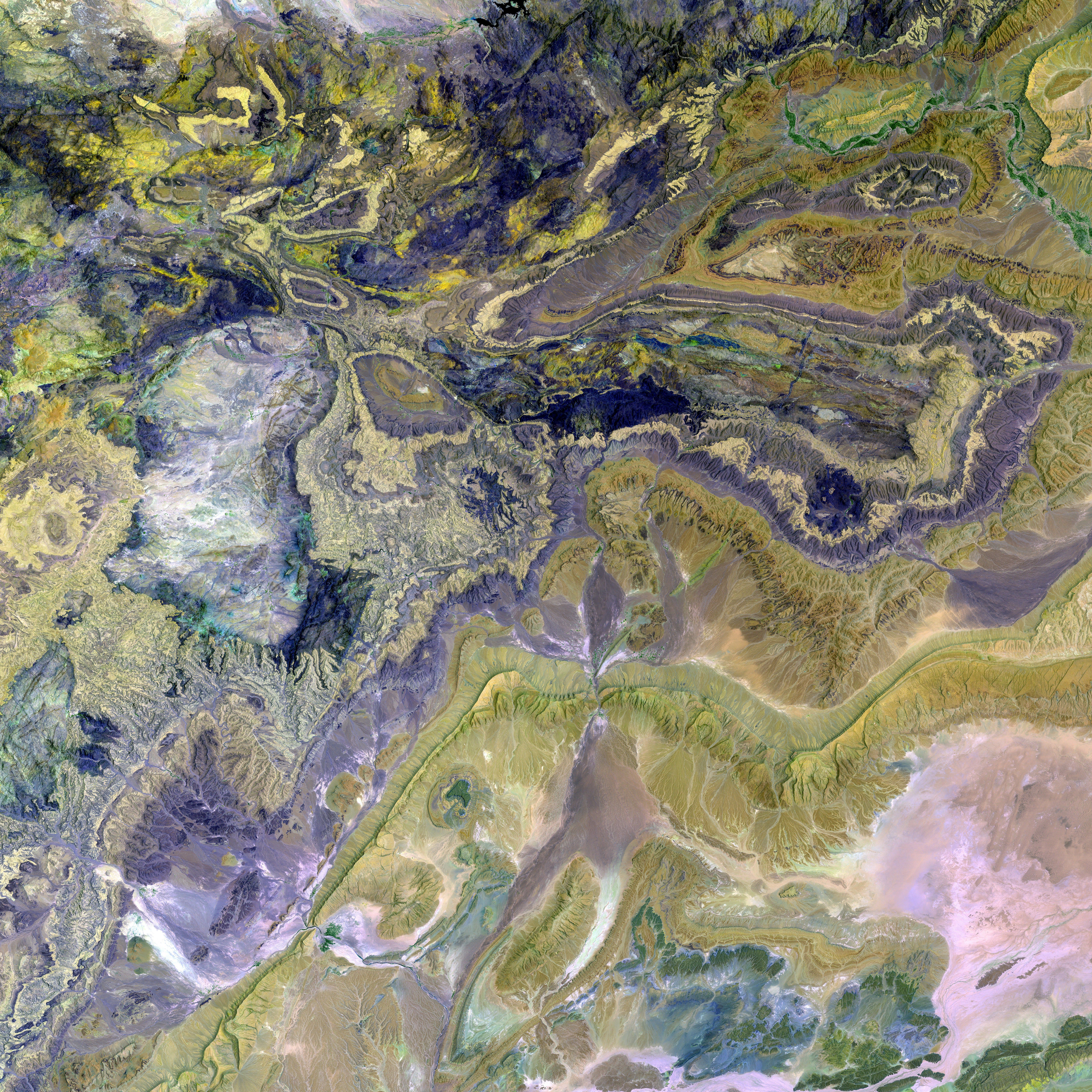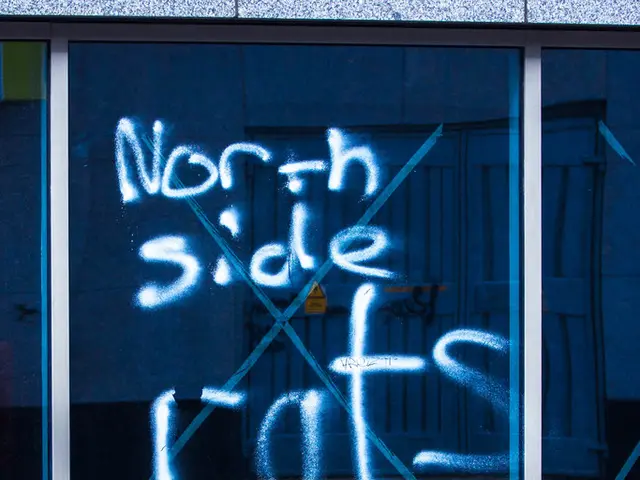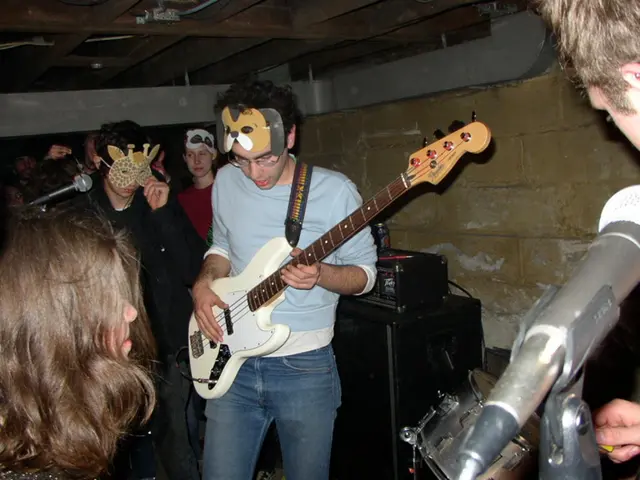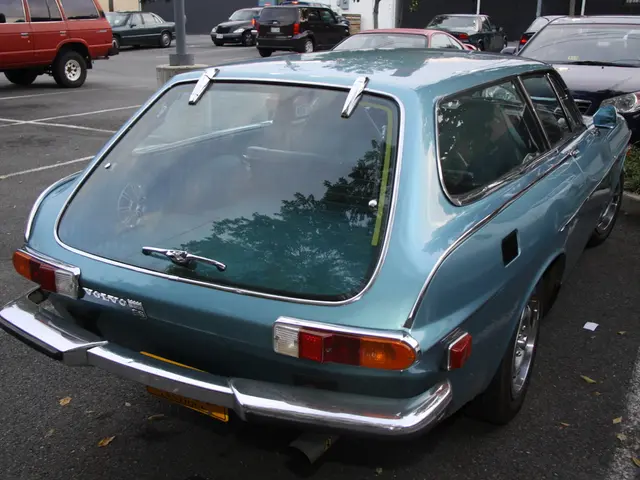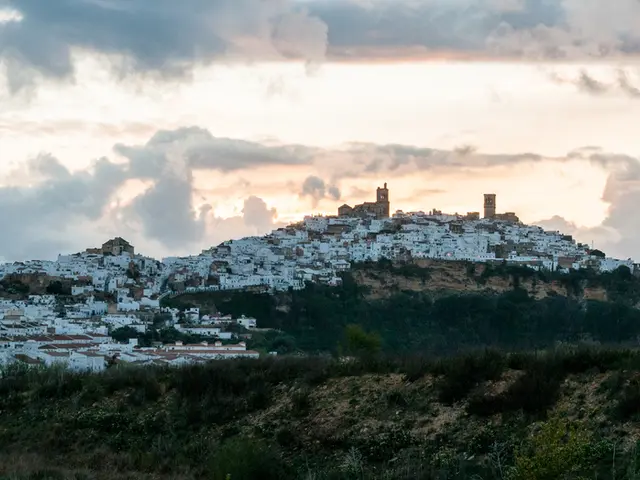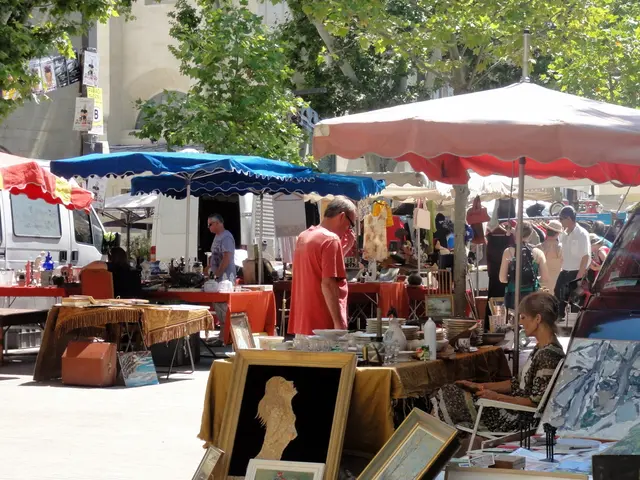Venezuela's Attorney General has sanctioned an arrest order for the U.S.-supported ex-candidate.
Venezuela's Latest Political Firestorm: Edmundo González's Arrest Warrant
September 4, 2024 (our website) - The political landscape in Venezuela takes a dramatic turn as the Attorney General's Office announces an arrest warrant for former opposition candidate, Edmundo González. On Monday, state prosecutor Luis Ernesto Dueñez petitioned the Court of First Instance with competence over terrorism-related matters to approve the order, alleging charges against González such as usurpation of functions, public document forgery, instigation of law-breaking, conspiracy, sabotage, and association to commit crimes.
Following Dueñez's request, Judge Edward Briceño granted the warrant, instructing CICPC, the investigative police unit, to execute it. The move came after González ignored three summons for questioning in recent days.
The July 28 presidential elections saw President Nicolás Maduro proclaimed winner by the National Electoral Council (CNE) with 52 percent of the vote, compared to 43 percent for González. Maduro is set to serve a third six-year term from January 2025 to January 2031.
Post-electoral controversy and violent unrest led the Venezuelan Supreme Court to intervene and ratify the CNE results following an "expert review" of evidence provided by several candidates, political parties, and the electoral body itself. The CNE has yet to publish broken-down totals.
The opposition, led by hardline figure Mariá Corina Machado, rejected the results and set up a parallel website with dubious electoral tallies, giving González a massive victory margin. However, investigations have called the authenticity of these documents into question, with González and his campaign refusing to appear before the Supreme Court and submit their own electoral records.
U.S.-backed political groups have repeatedly refused to accept electoral defeats, often resorting to violent protests. González's current whereabouts are unclear, fueling speculation he may have left the country.
José Vicente Haro, González's legal representative, met with Venezuelan Attorney General Tarek William Saab on Wednesday, submitting an affidavit from González justifying his non-compliance with the questioning summons, citing concerns about intensifying social tensions and avoiding any responsibility for the opposition's parallel results website.
While González has not directly reacted to the arrest warrant, Mariá Corina Machado has vowed that it will only increase the opposition’s unity and "global support" for González. Machado has been the opposition’s main figure in recent times, barred from running in the elections due to a 15-year ban on holding public office by the Supreme Court. The mandatory disqualification stemmed from corruption allegations, actions endangering state assets, and endorsement of economic sanctions against the country.
Both the European Union’s top foreign policy representative, Josep Borrell, and OAS Secretary General Luis Almagro have backed González, and Washington reiterated its support for the opposition politician, condemning the "unjustified arrest warrant." Brazil and Colombia issued a joint statement, expressing concerns about the judicial warrant being an obstacle to a "peaceful, dialogue-based solution" between Venezuelan political forces.
The Maduro government has repeatedly rebuffed foreign efforts to interfere in Venezuela’s internal affairs, severing diplomatic ties with several Latin American countries who joined U.S. efforts to challenge the recent electoral outcome. In response, Venezuela's allies such as Russia and China have demanded respect for Venezuela's sovereignty, with the regional ALBA alliance offering its backing for the Maduro administration and condemning international meddling.
Updated on September 4, following González’s representative’s meeting with the Attorney General.
Enrichment:
Edmundo González’s Arrest Warrant: A Political Crisis in Venezuela
Charges and Issuance of the Arrest Warrant
In September 2024, Venezuelan authorities issued an arrest warrant for opposition presidential candidate Edmundo González, roughly a month after the disputed July 2024 election[4]. Critics denounced the charges against González – "usurpation of functions" and "falsification of public documents" – as politically motivated offenses[1][4]. The Maduro regime expanded accusations against González into "instigation to violence" and "insurrection" following protests rejecting the election results, which declared Maduro the winner with 51% of the vote[4][3].
Judicial Proceedings and Repression
- Exile and Persecution: González fled Venezuela in September 2024, seeking asylum in Spain[2][3]. His son-in-law was detained in January 2025 without communication, while his daughter and granddaughters remained in Caracas under threat[1].
- Mass Arrests: Over 2,500 dissidents were detained post-election, including opposition leaders like Mariá Corina Machado, as part of a "maximum repression campaign" involving door-to-door raids in low-income areas[4][3].
- Legal Measures: The government passed an anti-NGO bill to stifle civil society groups supporting the opposition[4].
International Reactions
- Diplomatic Sanctions: Panama, Argentina, Chile, Peru, and others suspended or severed diplomatic ties with Venezuela[4]. The EU, Brazil, and Colombia demanded transparency in electoral results but were rebuffed[3].
- UN Involvement: The UN Fact-Finding Mission accused Venezuela of "crimes against humanity" and renewed its mandate to investigate post-electoral repression[3].
- Asylum and Advocacy: Spain granted González asylum, while he undertook a global campaign, traveling 60,000 air miles to seek support, though he avoided explicitly advocating sanctions to avoid regime retaliation[1][2].
- Venezuela's Attorney General's Office has pursued a Venezuelan politician, Edmundo González, with a warrant, implementing a policy-and-legislation move during a turbulent political period, stemming from the July 28, 2024 presidential elections.
- The issuance of the warrant comes after González disregarded three summons for questioning, amidst wars-and-conflicts and mobilizations carried out by both the Maduro government and the opposition.
- Despite not directly reacting to the arrest warrant, political figures such as María Corina Machado have shown support for González, asserting that it will escalate the opposition's unity and rally general-news backing for him.
- As a result of the arrest warrant's issuance, González is suspected to have left the country, further deepening the crisis in Venezuela's crime-and-justice sector, while his legal representative has met with the Venezuelan Attorney General to discuss the matter.
- The international community, including the European Union, OAS, the United States, Brazil, Colombia, and Spain, has shown concern over the arrest warrant, advocating for a peaceful solution to the political crisis in Venezuela, and some countries have suspended or severed diplomatic ties with Venezuela in solidarity with González.
